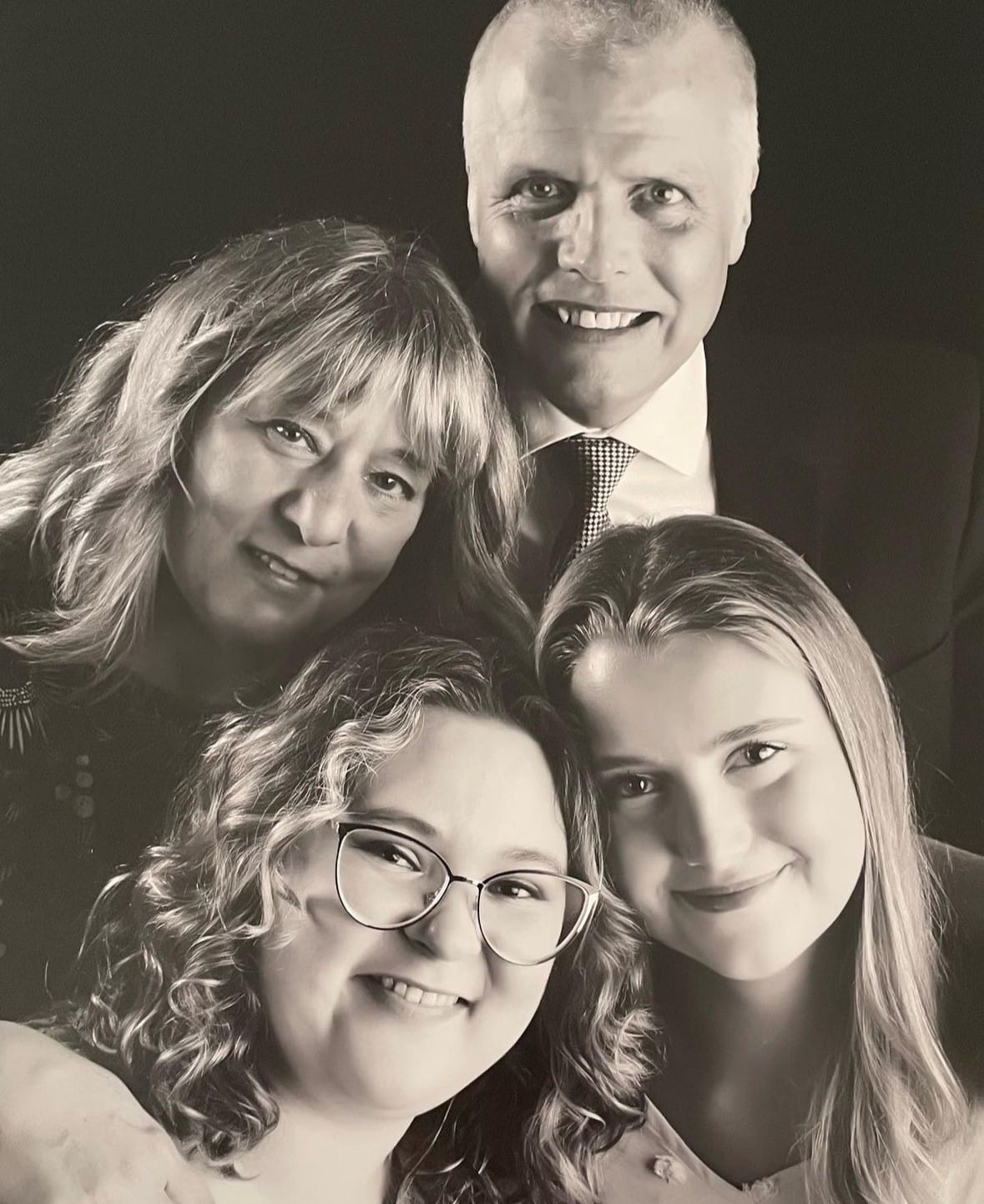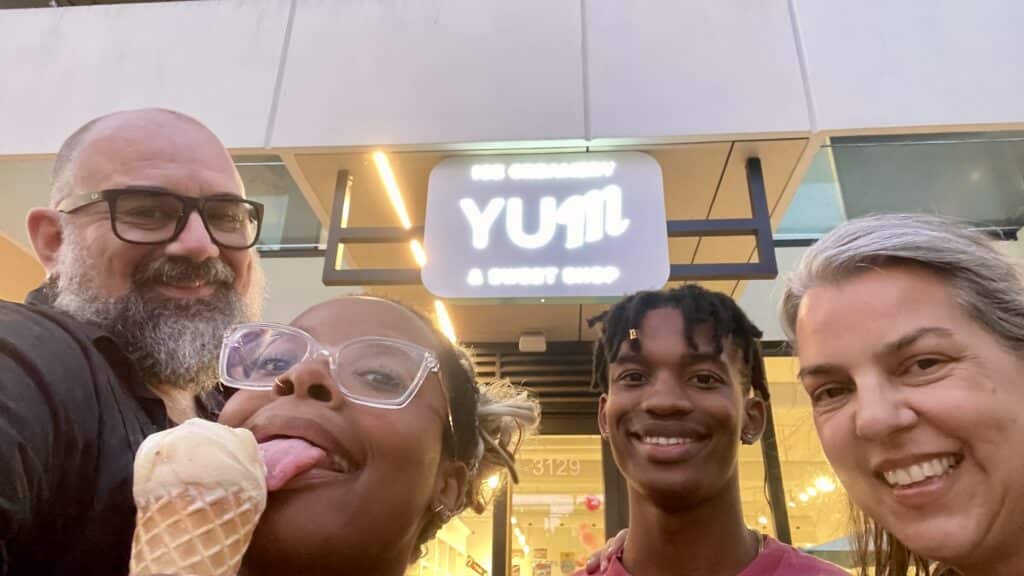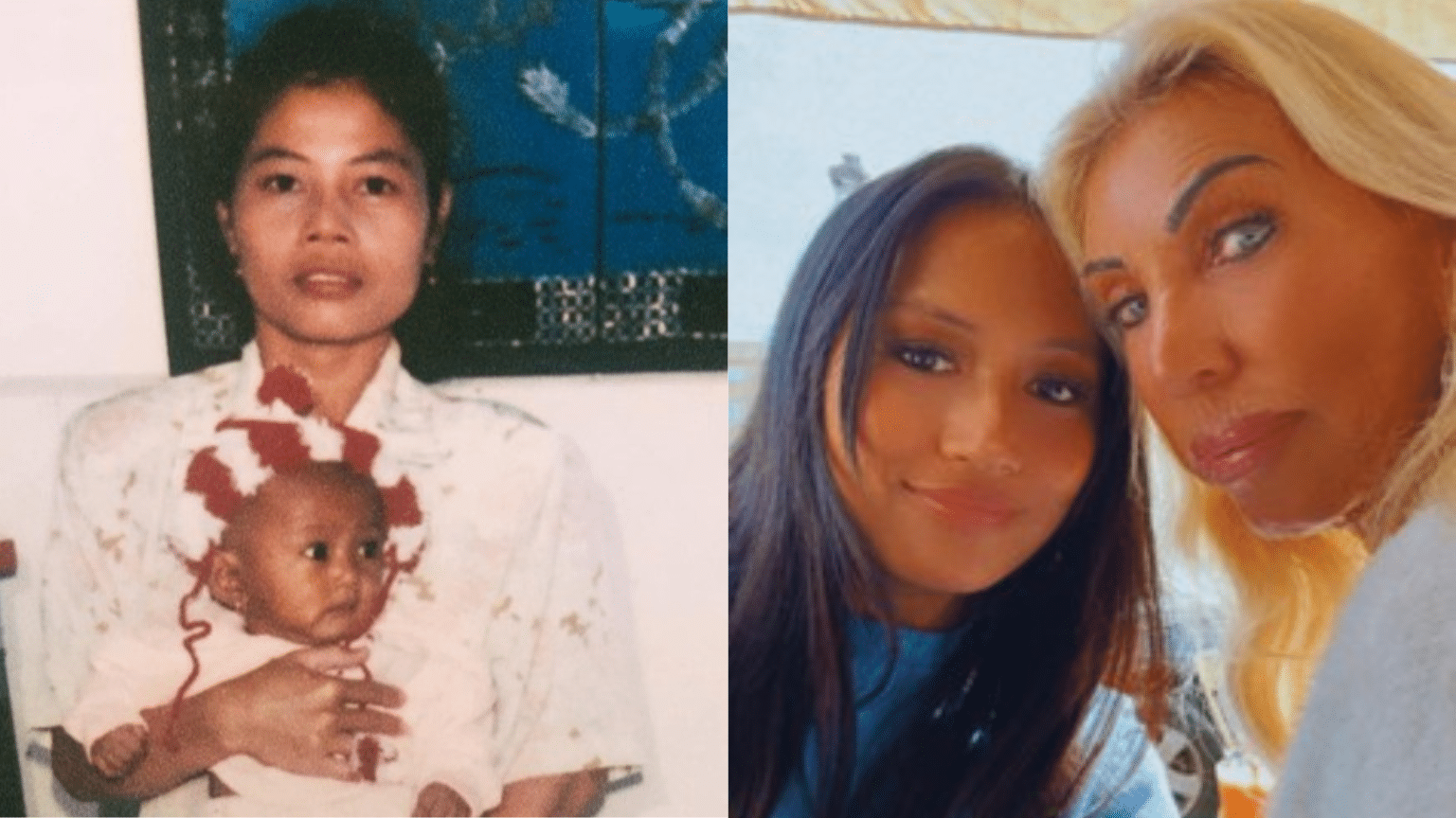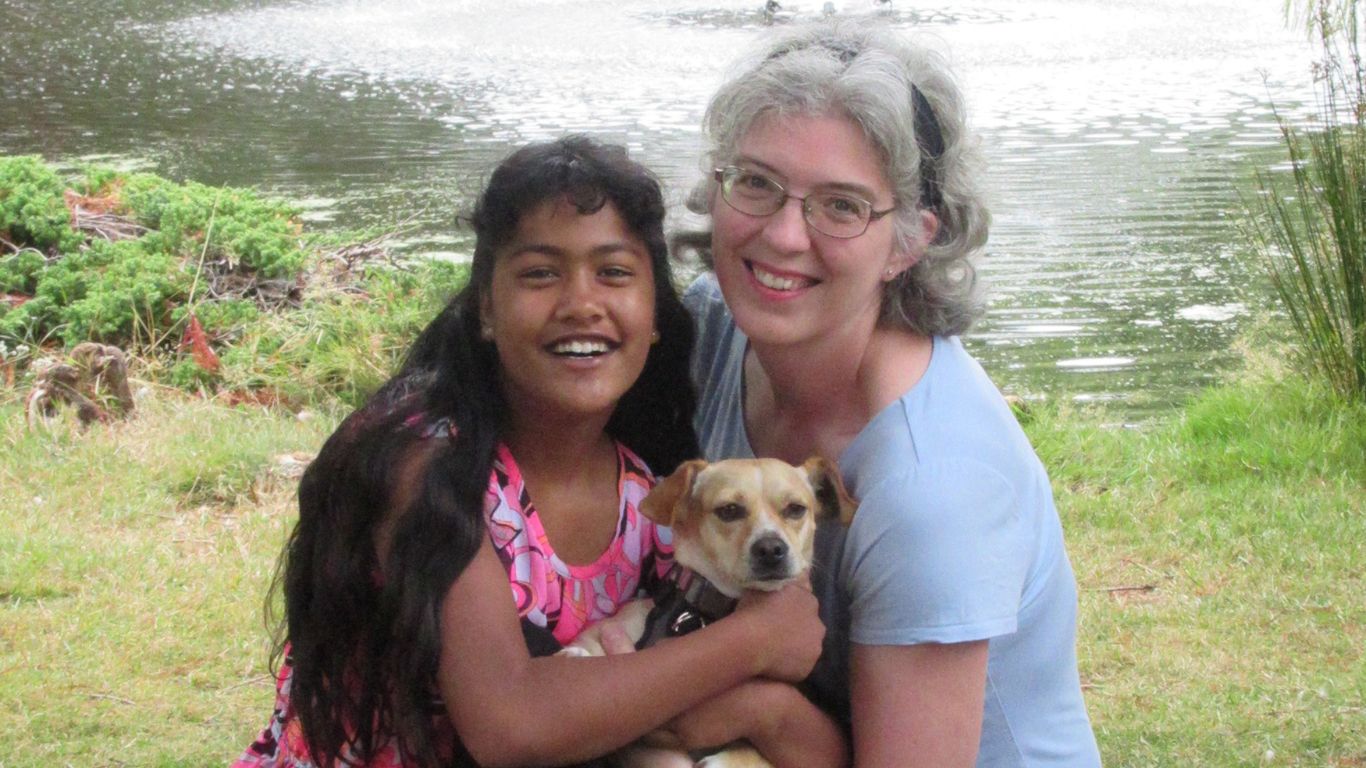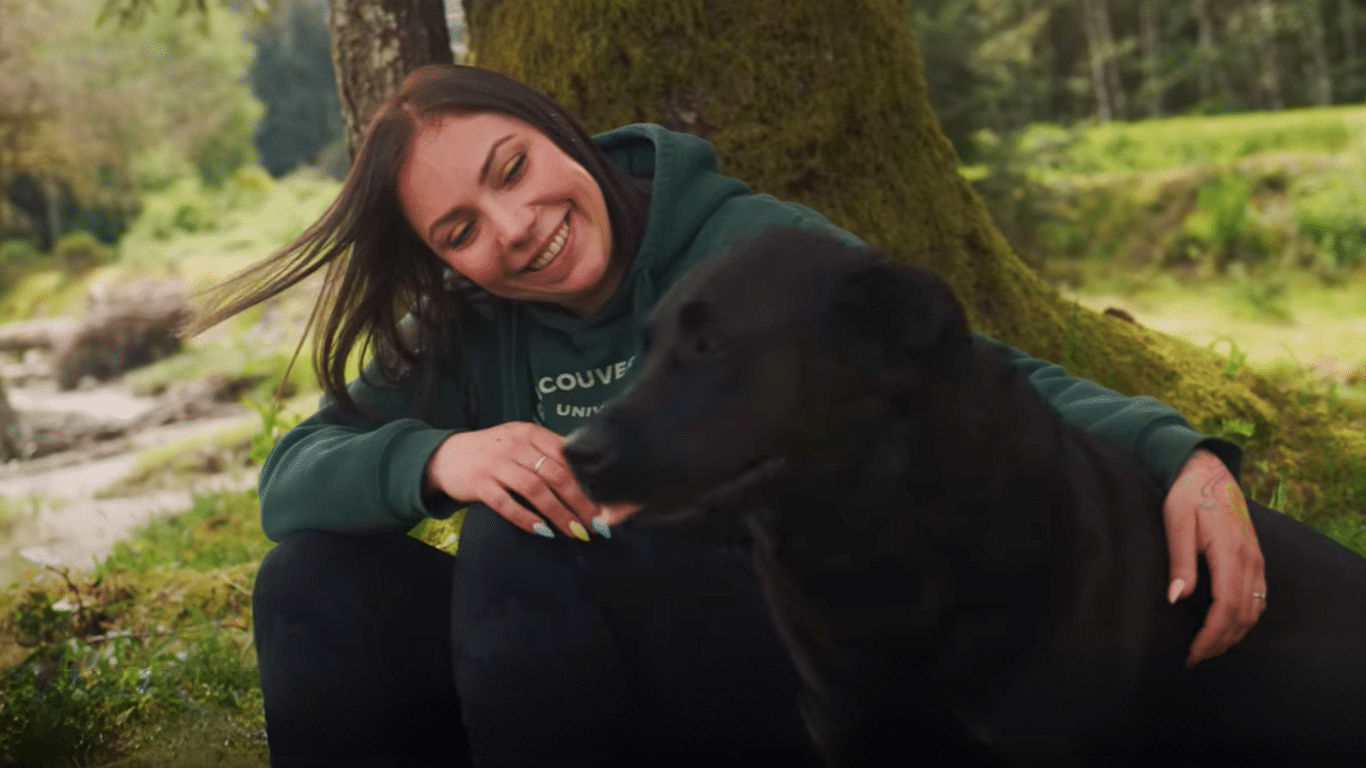In the first part of her story, Desaray shares about her experiences with foster care, kinship care, and adoption. From being removed from her birth parents’ care at age three to finding permanency through adoption at eight, she opens up about the challenges she faced and the misconceptions she encountered about what makes a “real” family.
Tell me a little bit about your story as an adoptee.
I was removed from the care of my birth parents when I was about three and was placed in a temporary foster home for a couple of weeks. Then I ended up in a kinship placement and lived with my aunt and uncle for about five years. In 2009, when I was eight, I was adopted by another family. I’ve been with my forever family for 15 years now, so I’ve been with them for the majority of my life.
What was your experience like with foster and kinship care?
It was 2003 so I was very young, but from what I’ve been told, I spent about two weeks in foster care before all the paperwork was completed and I could be moved to live with my aunt and uncle. It was a big decision for them to take me in, especially since they were older and already had children who were fully grown at that point. It was a commitment that I don’t think they were expecting. They were very involved in my life when I was a toddler, I would spend weekends with them all the time, but I never thought I would live there permanently.
When MCFD got involved in my birth mom’s life, pretty much from the time I was born, it was because she had an active drug addiction. They don’t really tell you as a kid that anything is going on, I just knew that one day I was at home and the next day I was in foster care. I was only three years old, so I had no understanding of what was happening.
For foster parents, they typically have an expectation that a child is coming into their home, and they can prepare for it. But for kinship families, there’s no advance notice that the child is being removed from the care of their birth families that day. It’s a huge adjustment for them to take a child into their home permanently, especially when it happens unexpectedly.
What was it like going from foster care to living with your aunt and uncle?
The memories are permanent almost as a protective mechanism to me because the process of being removed from my birth parents and placed in a foster home was very traumatizing. I had no idea what was going on, I just saw two police cars show up at our house, and I was told I couldn’t pack anything and had to leave right away. I was asking where my mom was and why I was leaving, but no information was given to me. I was three years old, suddenly in a home I’d never been in, sharing a room with a group of older girls. I had none of my own belongings, and I was super uncomfortable. As an adult, I know that I would never want a child to be in a situation like that. I know how strange it felt, and I would never want any child to experience it.
The whole process is kind of a blur, I can’t remember the exact details, but what led up to that night was that my birth parents had gotten into a physical fight, and the neighbours had called the police. They came to the house, and I was removed from their care and a social worker was there. It all happened very quickly.
Afterwards, knowing that I was going to see my Nana and Uncle Bob was exciting because that was comfortable for me. I knew where everything was in their house, I didn’t have to ask where the bathroom was or if I could borrow that toy or anything, it felt natural being there.
How did you process and deal with those early memories?
The way I understood it as a child is very different from how I think about it now. Now it feels like I’m telling a story, but back then, I didn’t know how to comprehend what was happening and I would have nightmares about it. I didn’t know what it all meant, and I kept asking my aunt when I’d get to see my mom again. It was difficult for them to explain that I wasn’t going back. During that time, my birth mom was in programs to try and return me to her care, but she wasn’t successful. I would see my birth parents during scheduled visits once a week and we’d go to the mall to hang out for an hour. I would always ask when I’d be able to go home and they would try to explain it to me, but they never used direct language with me because they didn’t want to upset me and it’s hard to communicate what was happening to a child.
What is a challenging part about being adopted?
The challenges are not self-inflicted, but they come from other people’s thoughts and opinions about adoption and foster care. As a child, I was more reflective about the situation, especially when classmates would talk about my family and say things like, “They’re not really your family” or “She’s not really your sister.” I would get so upset, it was devastating to hear other people denying our relationship and saying it wasn’t real.
Even today there are conversations about what it means to be a “real” parent or family member because many people still associate “real” with being biologically related. I say my birth parent or biological parent, and when people tell me “No, that’s your real parent or adoptive parent,” I ask them “What defines real?” Because to me, if someone takes care of you, feeds you, provides a home for you, loves you, or helps you when you’re in need, isn’t that what a real parent does? That’s what my parents do for me too.
What is a misconception about adoption that you’ve encountered?
There’s an assumption that birth parents don’t love their children if they are adopted. It’s not that there’s a lack of love, but there was something bigger in my birth mom’s life that inhibited her from being able to care for me. I never had any doubt that she loved me, but when I would hear people around me say that she didn’t, it was really upsetting to hear. It only takes one or two comments from kids at school to make you believe it and it sticks with you.

